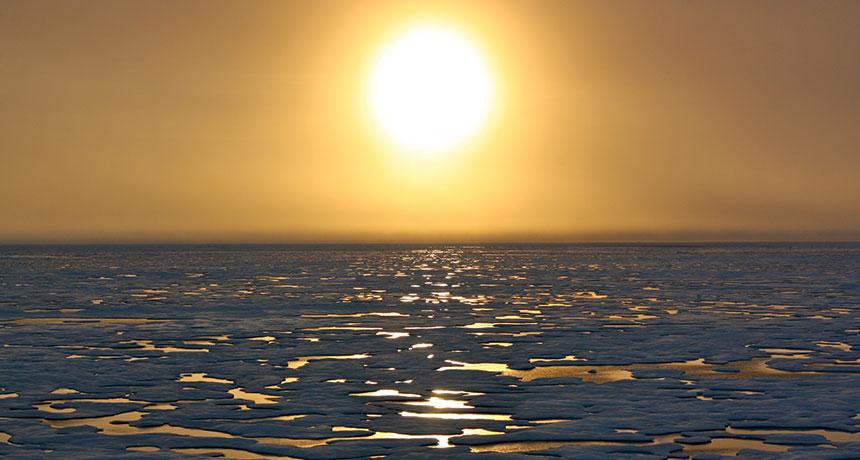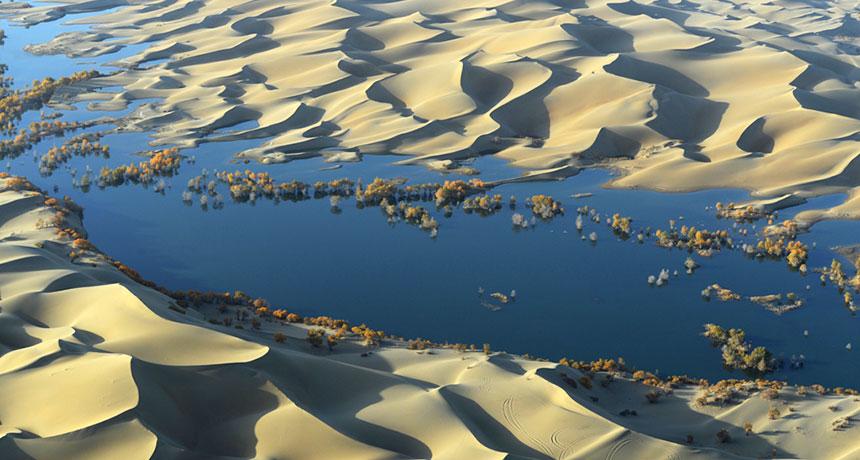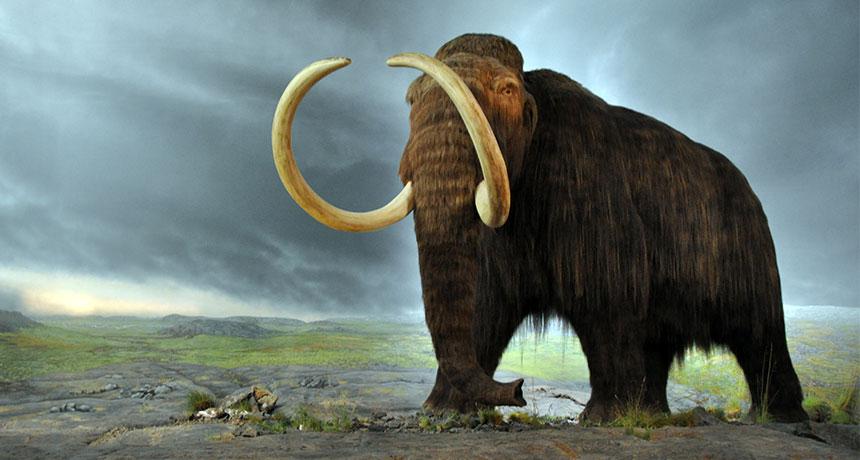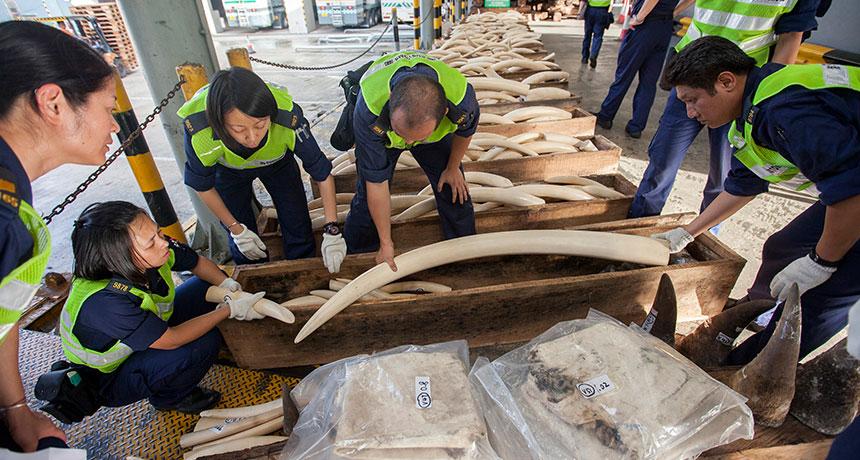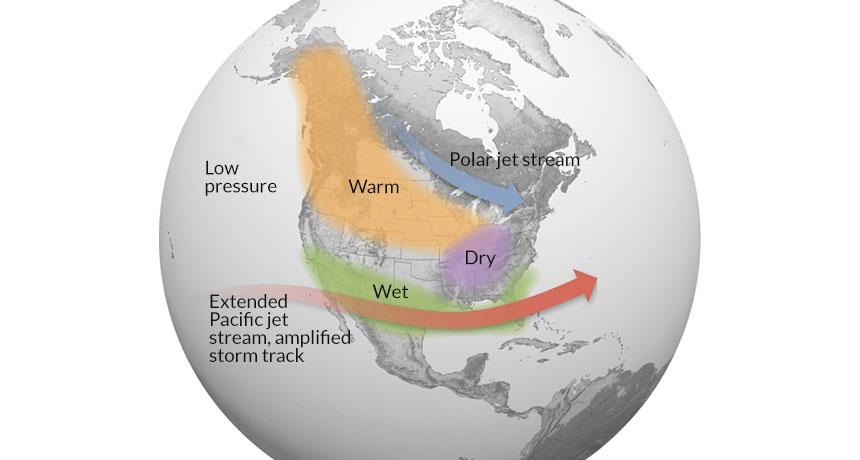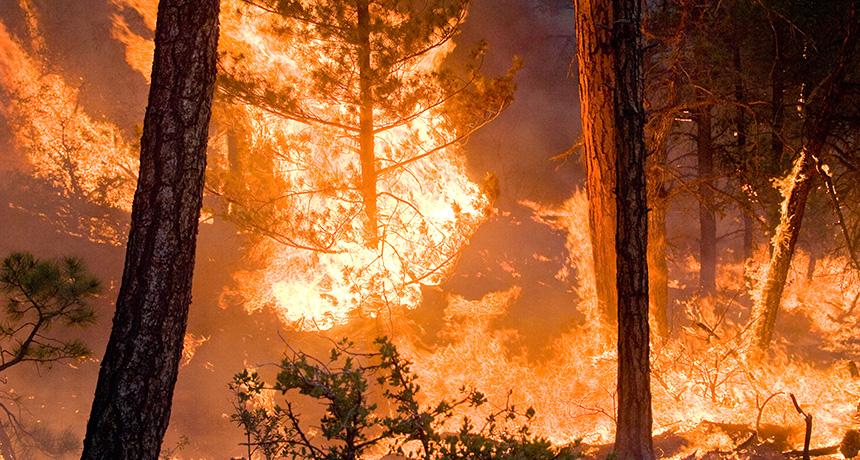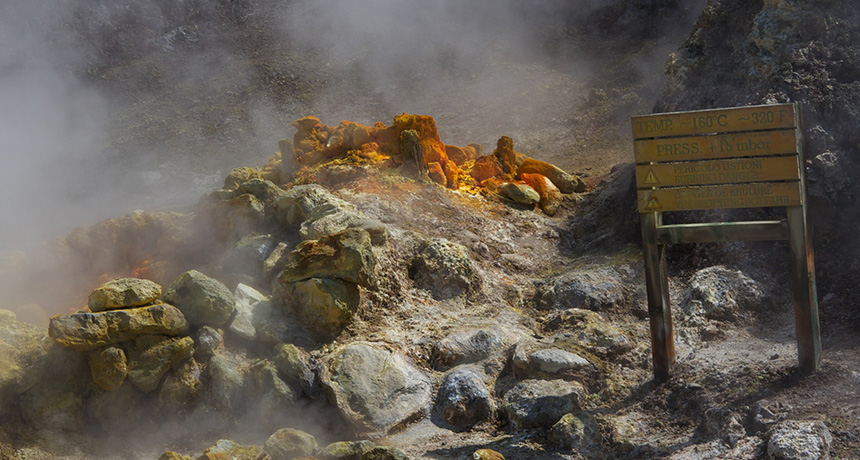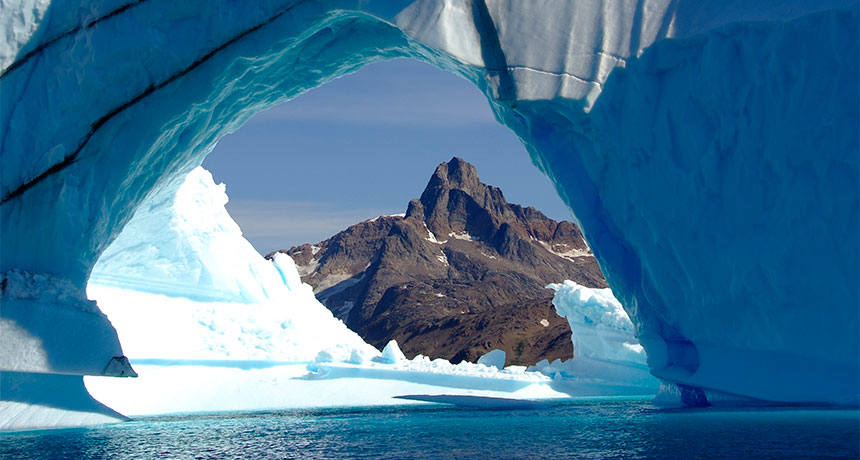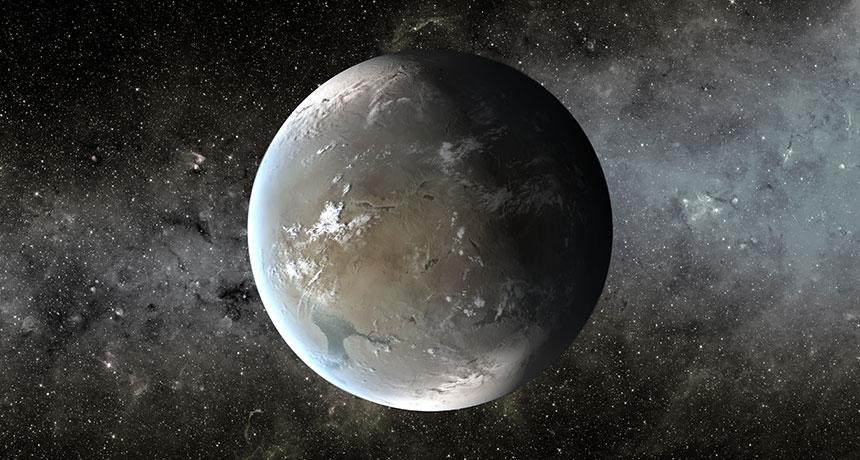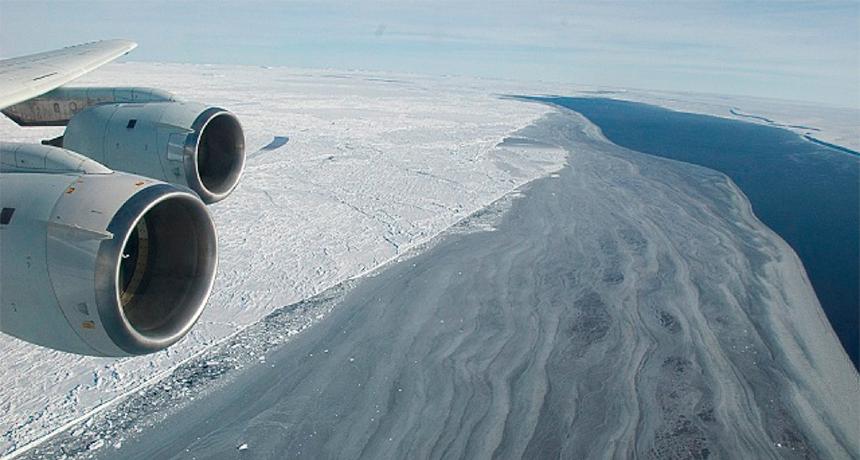Carbon dating may soon lead to mismatches
Science News, July 2015
The accuracy of carbon dating may soon be a thing of the past. Carbon emissions from burning fossil fuels threaten the method’s ability to definitively pinpoint the age of organic materials, new research suggests. The extra carbon flooding the atmosphere dilutes the relative number of radioactive carbon atoms that are vital to the dating method. By 2050, the age of fresh organic matter will appear indistinguishable from material created in A.D. 1050, predicts Heather Graven, an atmospheric scientist at Imperial College London.
